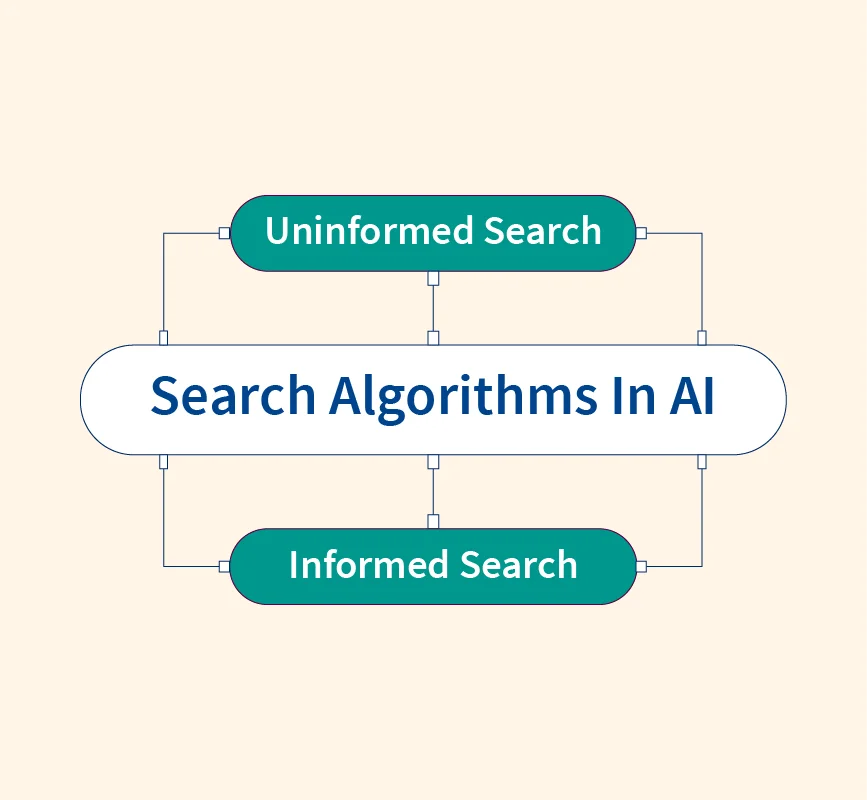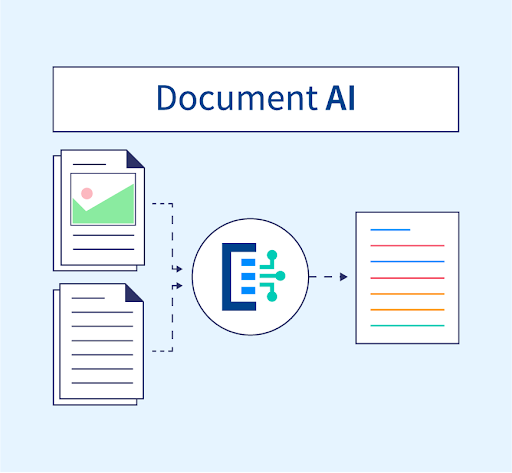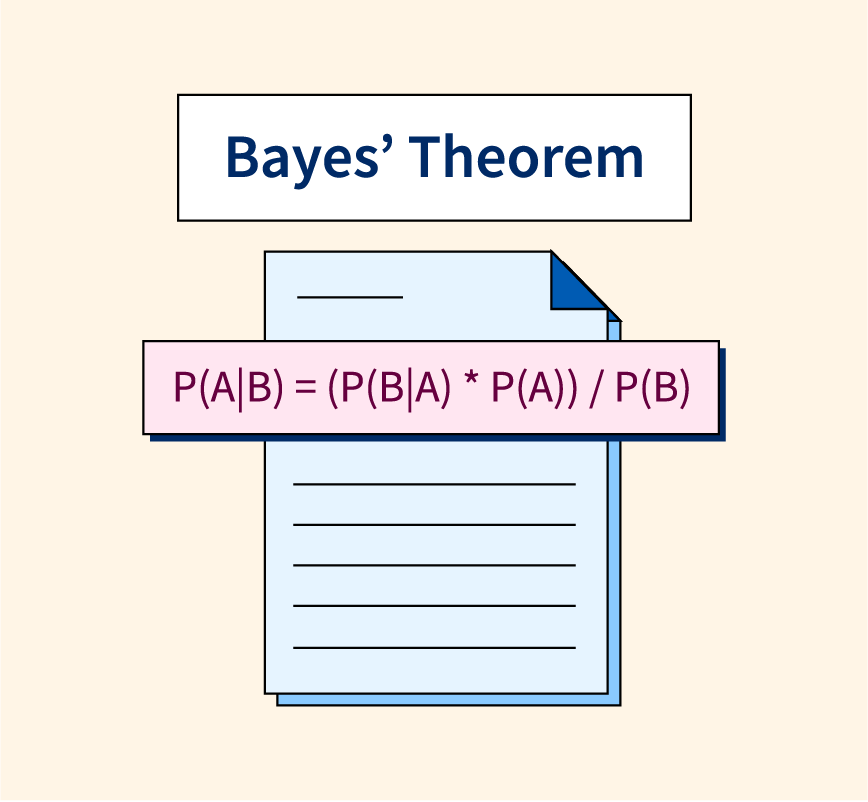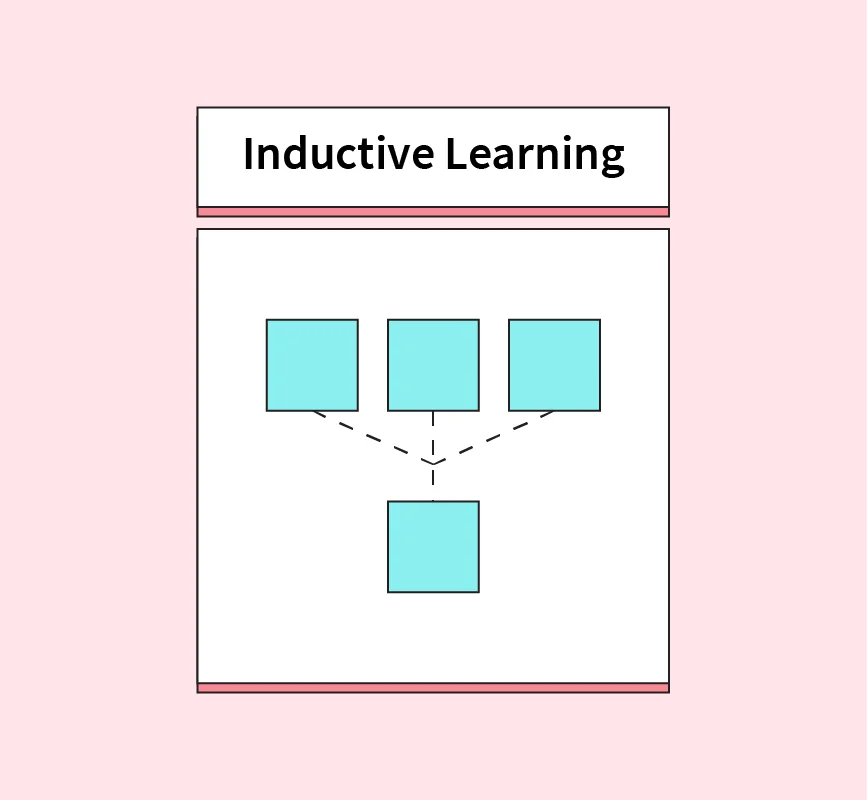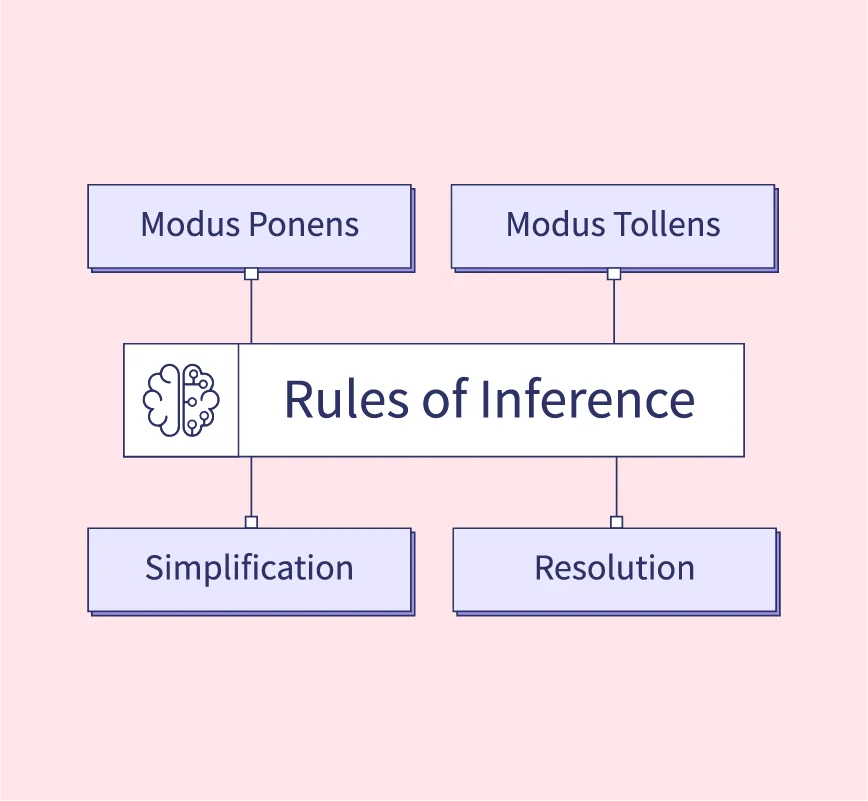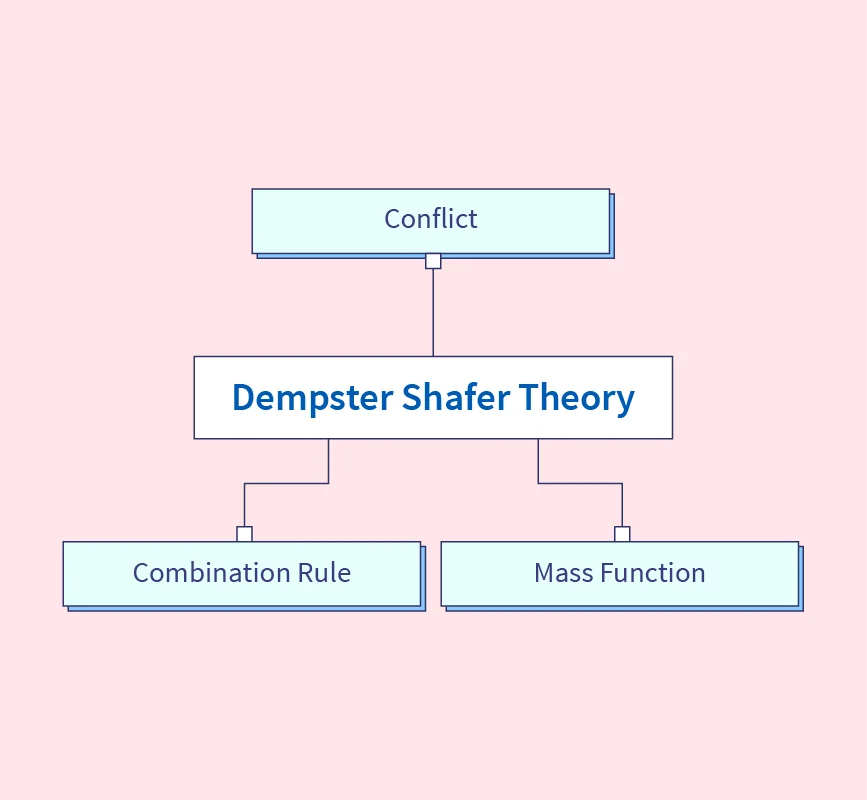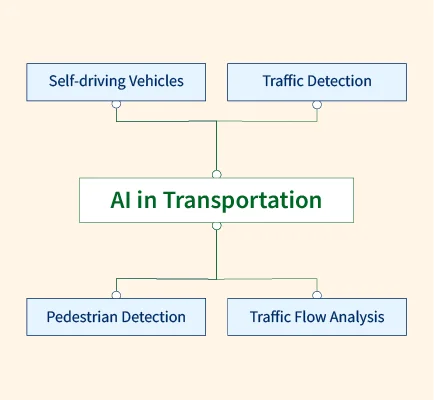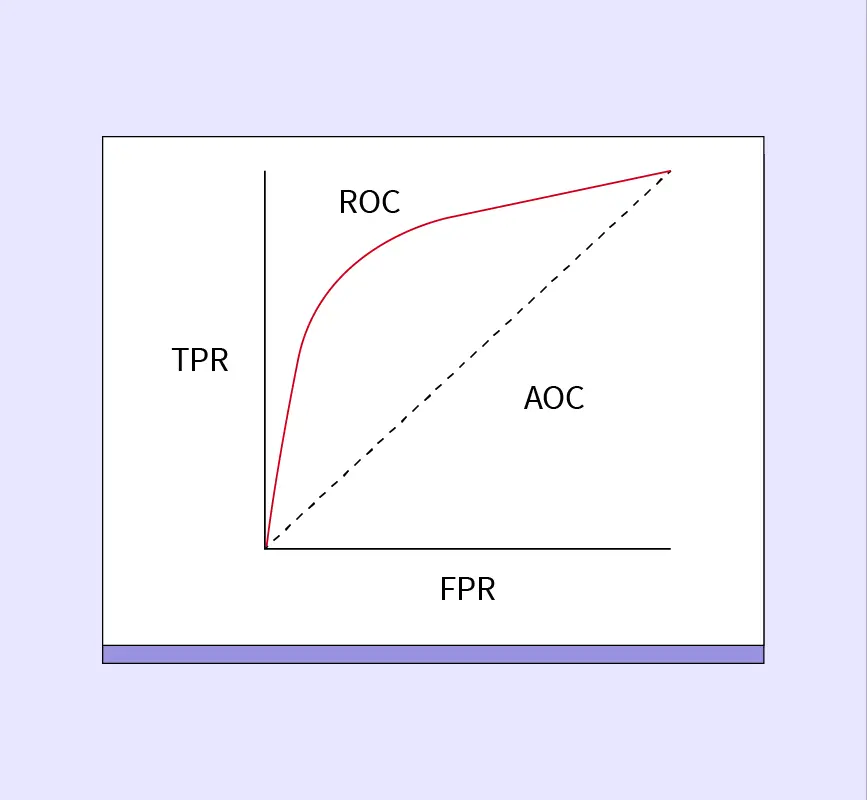Search Algorithms in AI
Search algorithms form the backbone of problem-solving in artificial intelligence (AI). Whether it’s navigating a maze, planning a robot’s movement, or strategizing in a game, AI systems often need to explore various possibilities to reach a goal. This exploration is enabled by search algorithms. These algorithms simulate intelligent behavior by systematically examining sequences of decisions ...
